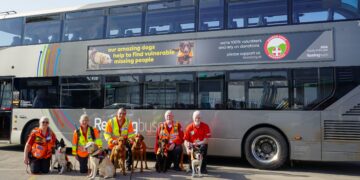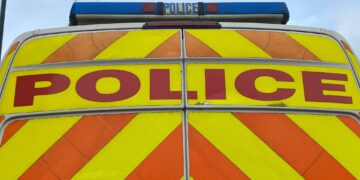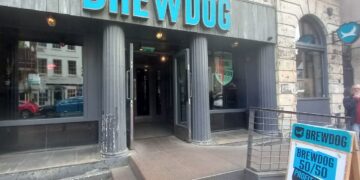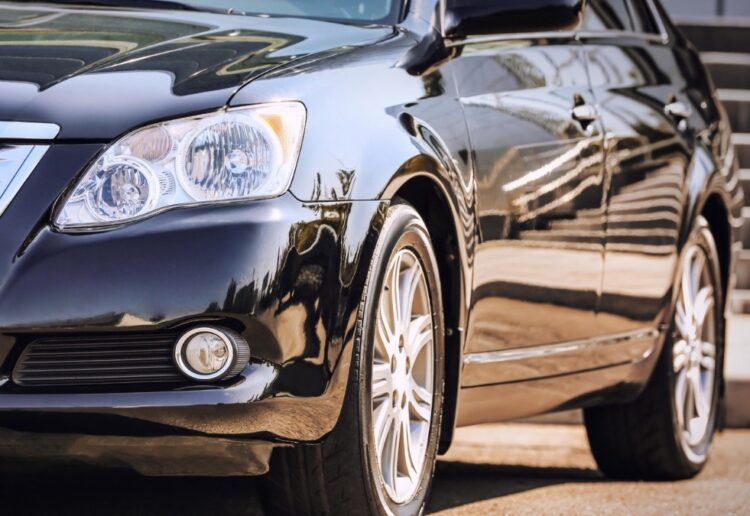Drivers call for Uber to come to Reading so that they are able to compete with ‘out-of-town’ drivers who are allowed to use the app for bookings.
The town has a number of private hire taxi companies and drivers, who must be booked prior to a journey commencing.
Drivers based in Reading have been getting licences from other boroughs such as Wokingham, Fareham and Oxford, which allows them to take Uber customers.
A group of private hire drivers, who wished to remain anonymous, highlighted the issues in a meeting with the Local Democracy Reporting Service.
A driver said: “Most of the Reading drivers are leaving Reading, they’re going for Fareham licences, so they can work in Reading, but Reading Borough Council does not understand they’re losing so much revenue, because of those drivers who normally would licence from reading, they’re going elsewhere and Reading Borough Council is not getting that revenue.
“So it’s affecting Reading council, also it’s affecting us because the more Uber drivers are here, the more work Uber is taking.
“Because when you go onto the app and you’re trying to book a cab, and it gives you a cab that will be there in three minutes, you will go with that rather than going with a company that will be there in 15-20 minutes.
“So the more drivers are here, the more they are stealing work from us.
“Some of us have been serving Reading for over 30 years.
“Unfortunately we’re being screwed from every side.”
Another driver claimed around 200 drivers had left the Reading trade to license with other boroughs, with the council losing approximately £300 in licensing fees per driver.
The drivers wish for the council to either escalate enforcement against out-of-town licence drivers or allow Uber to operate in Reading.
A driver said: “If you misbehave with your customer with Uber, within hours you’re done, they block you, there’s no tolerance for misbehaving with your customers in Reading.
“The council’s system is a lot slower than Uber, Uber looks after their customers very well.”
Competing ride share company Ola launched in Reading in 2019, but ultimately closed services outside of India last April.
A driver said: “I used to work with Ola, they had an office, but no one used to work there, they said we don’t need to because everything was done on the app.
“So I can’t see the issue and why Reading [council] is making a big hoo-ha about it.”
Another driver claimed he spoke with a friend who drivers for Uber. Between 6pm and 11pm, the Reading licensed driver made £50, whereas his Uber colleague earned £150.
The drivers raised the issues during a meeting at the Starbucks at Reading Link Retail Park.
A council spokesperson said that Uber failed to meet its licensing conditions when it applied to operate in Reading in 2016.
Meanwhile, Ola met the council’s conditions and was granted a five-year licence, which expired on March 11.
On the issue of enforcement for out-of-borough drivers, the spokesperson said: “The council’s licensing team regularly operate enforcement operations against unlicensed and out-of-borough drivers which are aimed at creating a fair and level playing field for all private hire drivers licensed by Reading Borough Council.
“Reading licensed drivers additionally benefit from being able to exclusively use certain stretches of bus lanes in the town.”






















